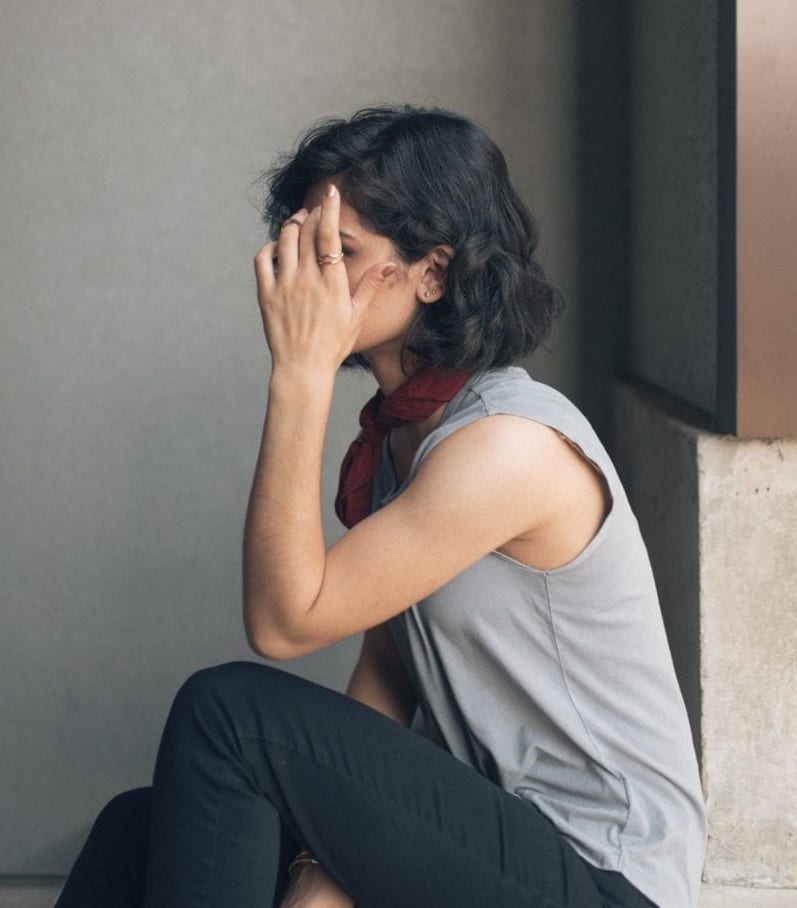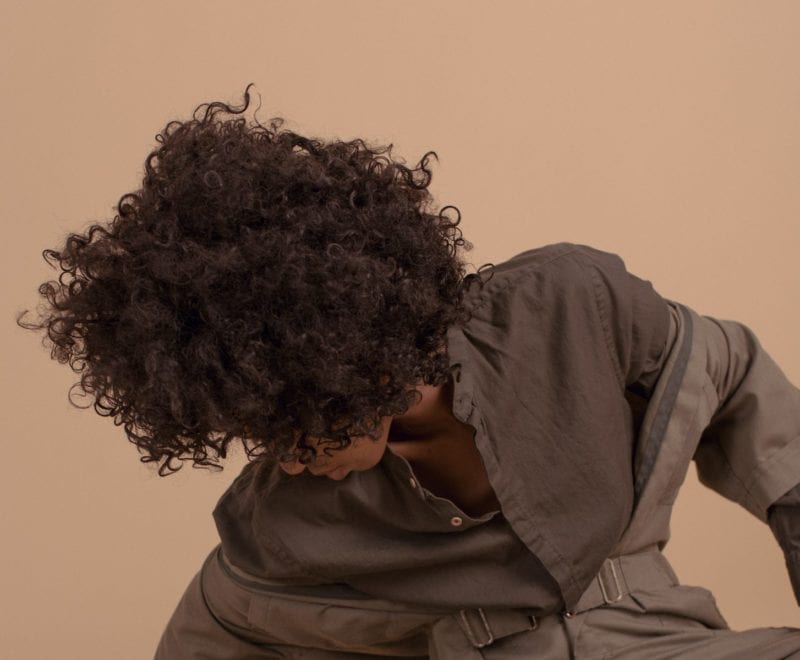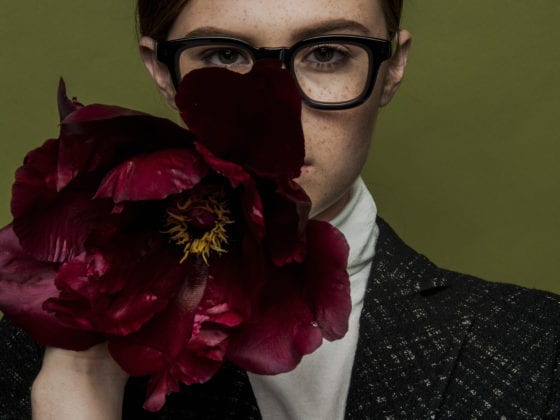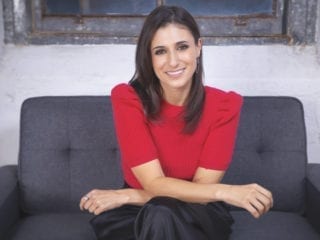“Where are you from?” It’s always been one of the hardest questions for me to answer and it feels as though it’s the question I have heard most after the standard, “How are you?”
I was born in Albuquerque, NM, so my answer should be an easy one, but I only lived there for two years before my family moved to Dubai. We spent four years there before continuing on to Estonia, Sweden, Azerbaijan and Mexico, with a few other stops along the way. We wouldn’t return to the US until I was a teenager, when my parents accepted positions at the University of Wyoming. At the end of my sophomore year of high school, when my older sister and brother had already left the nest, my parents decided they wanted to go abroad again and I, wanting to graduate in the States, went to boarding school in Indiana. I went to college in California, completed my masters in the U.K., taught for two years back in California and am now a PhD student in the U.K. again.
The question “Where are you from?” used to frustrate me as a child because I never felt like I could give a simple answer. If I said, “I’m not from anywhere, really,” people looked at me with pity. If I answered excitedly, “I’m from lots of places!” then people seemed annoyed. However, I learned to embrace the question and to use it not only as an opportunity to share about the incredible experiences that have made me who I am, but also to ask others about the uniqueness of their stories; not simply to learn about them, but to see how we could work together and form a supportive bond.
In my opinion, the question doesn’t only relate to a question of location, even if the person asking is seeking this kind of answer. I interpret the question as also relating to heritage that can sometimes be understood as, “Where are your people from?” Yes, I was born in the U.S., but my father was born in Ghana and he met my mom, an American of Swedish and French descent, in Sweden where he became a citizen before they came to the States.
 My mixed identity and experience was shaped by lessons from my father on the importance of culture and appreciation of history, specifically our African history, paired with my mother’s lessons on the need to work with, accept, learn from and support others — especially those who were different than you. One concrete example of this came in the form of my parents putting us in local schools wherever we lived and allowing us to explore the diverse customs and belief systems that surrounded us. They were the first to introduce me to the notion of inclusivity without even mentioning the word. Through their actions they displayed the immense value they saw in understanding across differences and constantly reminded us that we should be working to include the most vulnerable and marginalized in everything we do.
My mixed identity and experience was shaped by lessons from my father on the importance of culture and appreciation of history, specifically our African history, paired with my mother’s lessons on the need to work with, accept, learn from and support others — especially those who were different than you. One concrete example of this came in the form of my parents putting us in local schools wherever we lived and allowing us to explore the diverse customs and belief systems that surrounded us. They were the first to introduce me to the notion of inclusivity without even mentioning the word. Through their actions they displayed the immense value they saw in understanding across differences and constantly reminded us that we should be working to include the most vulnerable and marginalized in everything we do.
Sometimes people ask me where I’m from when they are trying to understand why I am the way that I am. Some people question why I am so open and friendly. They don’t understand why I smile at everyone; they don’t know that I do so because I am interested in learning from human connection. Others don’t understand my curiosity and my observations.
When I was a child I would often get in trouble for laughing during class, especially when I noticed an inconsistency between what I was taught in one place versus another. For instance, I learned about the Mexican-American War in both Mexico and in the States and I was fascinated by the differences in the teachings. I laughed, not because war is a laughing matter, but because of how amazing I found different stories to be. I learned early on that we are all telling stories to make sense of the world around us, that there isn’t necessarily one universal truth but instead multiple interpretations that have been defined by our unique stories, backgrounds and experiences. It’s because of this that I am immensely frustrated by some people’s lack of ability and desire to try and understand things from different perspectives.
I learned early on that we are all telling stories to make sense of the world around us …
This frustration is one of the primary reasons why I study what I study, why I want to share “where I’m from” with others, and why I care so much about learning where others are coming from as well. My bachelor’s degree is in anthropology, my masters is in gender studies and my PhD is in education. My general goal is to continue to equip myself with knowledge on the human experience, especially the experiences of my people to help conversations progress towards more understanding and appreciation of difference.

My passion is to take from what I’ve learned in my own life and in the academy and share it with larger audiences, breaking down barriers in conversation that have often divided us and have left us unable to open our minds to more growth; spending time analyzing key terms with lived experience, and bringing as many people as possible to the discussion.
This is how I define inclusivity in my own life, allowing a question that can be so exclusive to become one of a welcoming invitation to share in our differences and learn from one another.
How do you define inclusivity in your life? How do you practice it?
Images via Marshall Cox












2 comments
Thanks for the article. I often ask people where they are from because I am sincerely interested in people and their individual stories. I find that this question generally helps them open up as they usually enjoy talking about where they grew up.
I loved this piece, it’s interesting to see inclusivity from a different perspective!
–
Charmaine Ng | Architecture & Lifestyle Blog
https://charmainenyw.com